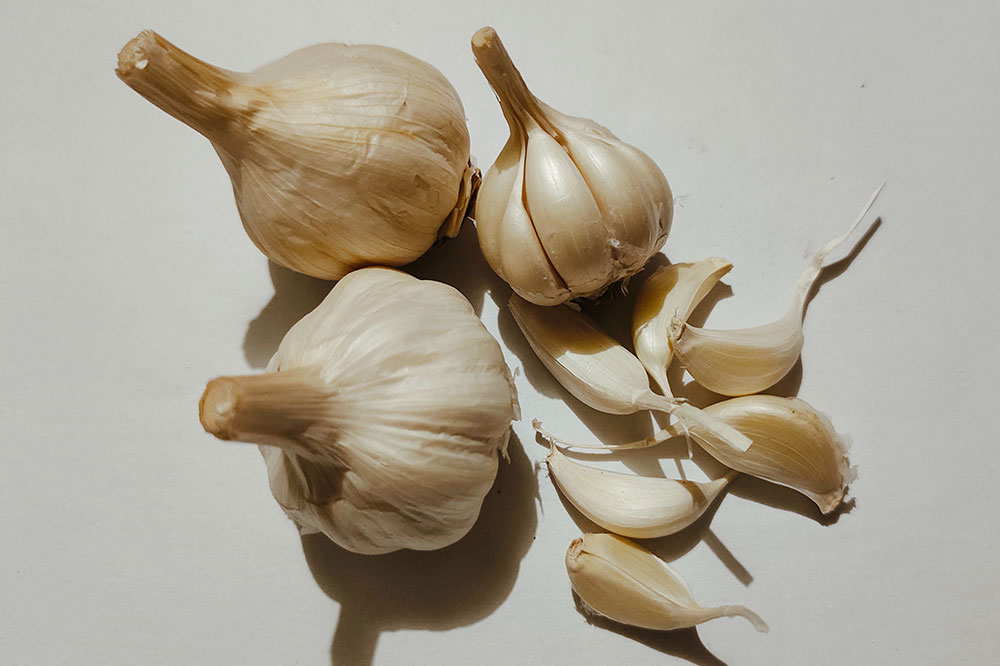
9 healthy food choices that can help fight the flu
Flu season is a time of worry for everyone. The symptoms are difficult to deal with and can leave you drained of energy. During this period, it is essential to keep the kitchen stocked with foods that can help fight off the flu and prevent severe symptoms. Thankfully, most flu-fighting foods are readily available and can be incorporated into daily meals. Therefore, relying on food to avoid the aggravation of flu symptoms is easy.
Turmeric
Turmeric is among the most efficient foods to relieve flu and its symptoms. Its primary component- curcumin – is known for its immunity-boosting and antibacterial properties. It also helps decongest the throat, lungs, and respiratory passageways.
Garlic
Adding garlic to the food helps fight off various infections. The compound allicin found in garlic can help maintain a strong immune system while fighting off viruses. All you have to do is add a little garlic to your meal plan.
Ginger
Ginger has numerous medicinal properties. It is known for its help in reducing nausea, inflammation, and vomiting. Flu patients can relieve their symptoms by adding ginger to their tea or ginger root to their food.
Honey
Honey is known for its antibacterial and antiviral properties and considerably assists in unblocking the upper respiratory tract. Raw honey is also beneficial for other flu symptoms, such as soar throat and itching. Adding raw honey to warm water or other fluids helps find relief from cough and throat inflammation.
Chamomile tea
Good sleep is essential to fight off any illness and recover better. Adding chamomile tea to the menu of flu patients helps keep up their hydration levels while assisting them in clocking in better sleep. Plus, sipping hot liquid helps thin the mucus and decongest the patient’s nasal passage.
Chicken soup
The magical ability of chicken soup to ward off flu symptoms is famous. Rich in cysteine, a natural amino acid, chicken soup is efficient in thinning down the mucus lining of our nasal and respiratory tracts when we are down with flu. It also effectively restores the electrolyte levels in the body, helps maintain fluid balance, and prevents dehydration.
Yogurt
Yogurt is one of the foods that assist the body in fighting off infectious microorganisms. Yogurt is rich in probiotics that help maintain the body’s supply of healthy bacteria and better manage flu symptoms. It is also rich in minerals and vitamins that help strengthen the immune system.
Oranges
Oranges are powerful natural sources of vitamin C. It is a proven ingredient for a strong immune system; therefore, fighting excess free radical damage suffered by the body during the flu is important. Since the body cannot produce its Vitamin C, adding fruits like oranges, grapefruits, clementines, and tangerines to the meal plan will help.
Miso soup
Miso soups are tasty and loaded with vegetables that enable you to fight off infection-causing microbes. It is a nourishing dish with great taste thanks to its high carrot, celery, and scallions. For some additional flu-fighting ability, add a pinch of turmeric to your bowl of miso soup.







